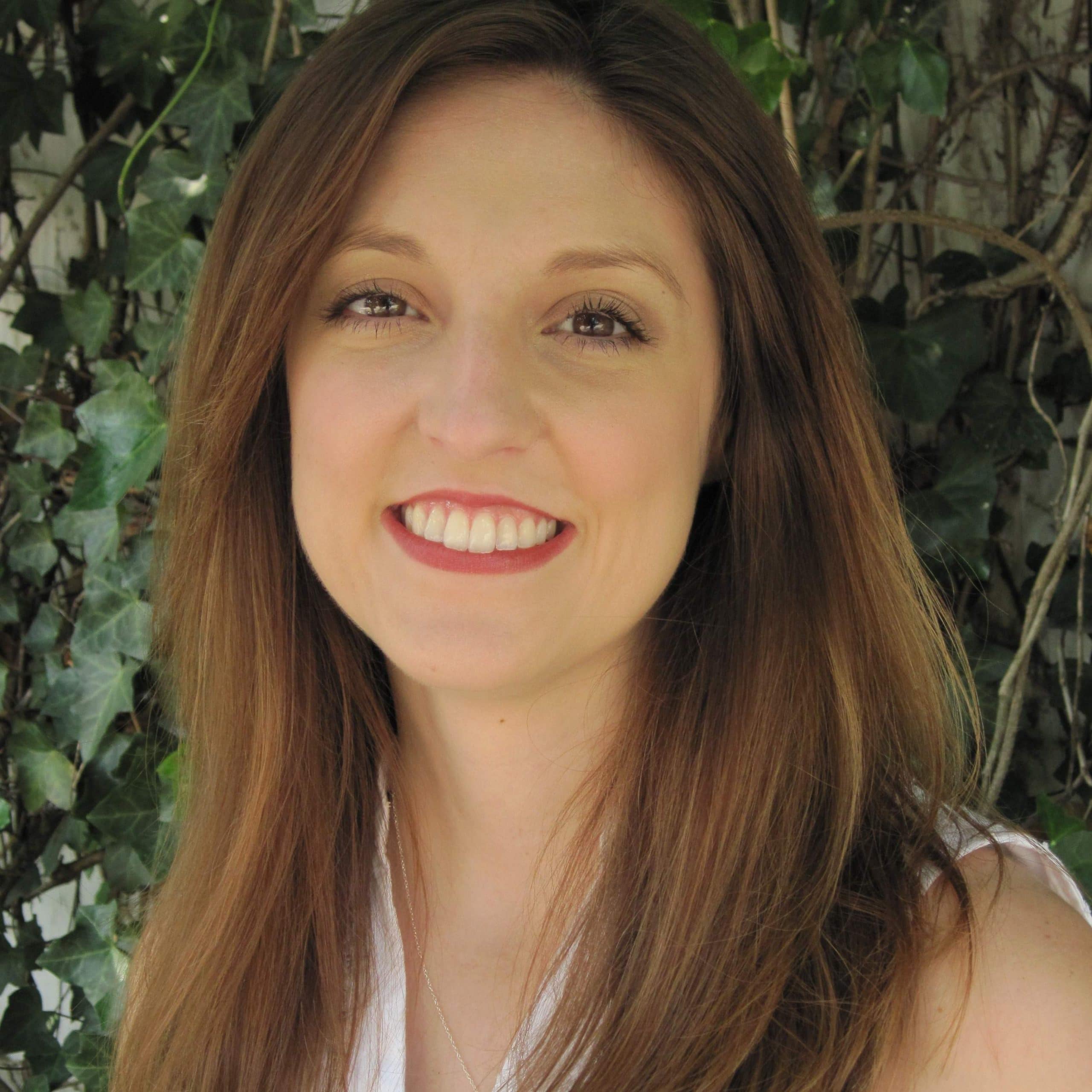Overall, hearing is the same for both children and adults; however, just as they grow and develop from infancy, so does their hearing. The hearing pathways are typically fully developed by 19 months of age. During these times of development, children are learning to find or locate sound as well as learning to turn that sound into meaningful use, which turns into speech.
Hearing loss can be diagnosed in the first week of life, and newborn hearing screenings are required in most states, including Indiana and Kentucky. Based on the child’s age, behavioral testing for hearing may be completed with a test observing the hearing nerve or may involve a child playing a listening game to locate sound. If you are concerned or believe your child may have hearing trouble, you can call our office to schedule a quick and convenient appointment.
Based on a child’s age, signs of hearing loss can be different. Children may display one or several of these factors if he or she has hearing loss that may be temporary or permanent:
- Lack of progression in developing speech and language relative to peers
- Regression of speech and language skills (a child may have 50 words in his vocabulary and then suddenly stops using his new words)
- Continued ear infections, chronic allergy problems
- Inability to locate where sound is coming from
- Not consistently responding to sound or speech
- Difficulty pronouncing words
- Educations difficulties at school or behavioral concerns (ADHD)
- Exposure to chemotherapy or radiation
How can you protect your child’s hearing?
- Limit excessive noise exposure to tiny ears. If you allow your child time with an iPad, etc. and use headphones, limit time exposure. There are parental control settings in iTunes to limit volume levels.
- Increase the distance from the loud sound source. So for example, if you are outside for any outdoor music festival, stand further away from the speakers.
- Turn the music or loud noise down.
As your child ages, periodic screenings are a good idea. Every child should have his or her hearing screened at birth, upon entering preschool, and throughout school or if any concerns ever arise. Also if your child is enrolled in speech therapy services, it is imperative to rule out hearing loss as a source of the speech and language problem.
To learn more about hearing screenings, please contact UofL Physicians – Hearing & Balance at (502) 583-8303.









